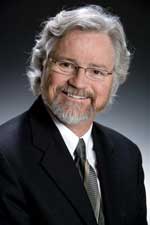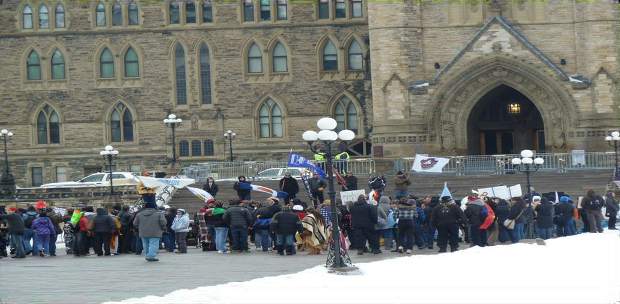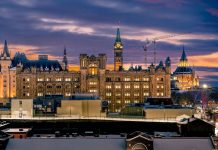
OTTAWA – Leaders Ledger – For nearly a century veteran groups have been playing a historic role in the development of Canadian society. Unfortunately, in a long era of government expenditure reductions and shrinking membership Royal Canadian Legions are now muddling through difficult financial times. I think the time has come for us to give something back to these institutions and these members who have given us so much in the past.
What were first intended to be safe havens for World War veterans have, over time, also came to be gathering places for all members of the public in the communities that they serve. Since the establishment of the Great War Veterans Association in 1917, veteran organizations in Canada have undergone substantial changes over time in order to unify and accommodate the community. At their peak in the 1980’s the Royal Canadian Legion had more than 6,800 ‘branches’ and 600,000 members. Today there are still more than 360,000 members and 1500 local branches spread across the country, including eight in Thunder Bay – Rainy River. Be it through fundraising campaigns to assist fellow veterans, or community service programs to support the public our Legions have become vital gathering places in the communities they serve.
As financially autonomous bodies, funding for individual branches is almost always limited to the public support received by their respective communities. Unfortunately the primary source of revenue, membership dues, has been steadily declining over the past 25 years and now only contributes marginally to the maintenance of these institutions. Some of this is due to the structure of the organization itself as 90% percent of a single membership fee is relinquished to Dominion and Provincial Command – the overseeing bodies, but other problems are also related to the changing nature of our economy, increased operating costs, and declining membership. Raising fees to counter this problem is a possibility, but it could also deter those interested from becoming members and for branches already facing a slump in membership it is simply not an option.
Today, branches must obtain most of their funding through catering services, fundraising efforts made by the Ladies and Youth Auxiliaries, their bar sales, and by renting out their halls for special occasions. While this allows citizens to become increasingly involved with their Legion and builds a sense of community, individual branches are now forced to compete with restaurants, bars and banquet halls for money. For those struggling with finances much of the money they are able to raise simply keeps them afloat and leaves little room to invest in infrastructure upgrades or renewal. As these facilities age and structures start to deteriorate fewer people will be inclined to rent these spaces for special occasions which can amplify the financial difficulties at many branches. Many Legions across Canada have fallen victim to these circumstances over the years.
In tabling Motion-417 I called upon the Federal government to address this issue by creating a Royal Canadian Legion Infrastructure Renewal Fund. If implemented, it is my hope that any investment made by individual branches to preserve or enhance their physical infrastructure – such as heating or ventilation upgrades – would be eligible for matching funds by the Federal government. While the Harper Conservatives have provided some federal funding to non-profit community facilities through a Community Infrastructure Improvement Fund (CIIF), this worthwhile but temporary program is set to expire and legions are forced to compete with other organizations for these funds. Of the $150 million designated in the CIIF a total of $144,643 has been provided to four legion branches that have used the money to upgrade their kitchens, replace their roofs, and install new heating and air conditioning units among other fixes. It’s a good idea, but I think we need a permanent standalone program for legions moving forward.
In short I believe it is our turn to help out and give back, with equal enthusiasm, to an organization that has given us so much over the years. Whether it’s providing counseling for seniors, recreational activities for the youth or transition programs for veterans so that they can integrate back into civilian life the Royal Canadian Legion has always provided invaluable services to our communities. I think it’s time we answer the call of duty and lend a helping hand to the branches of the Royal Canadian Legion who need it so that they can continue to provide these important services to veterans and citizens alike moving forward.
John Rafferty MP
www.johnrafferty.ca






